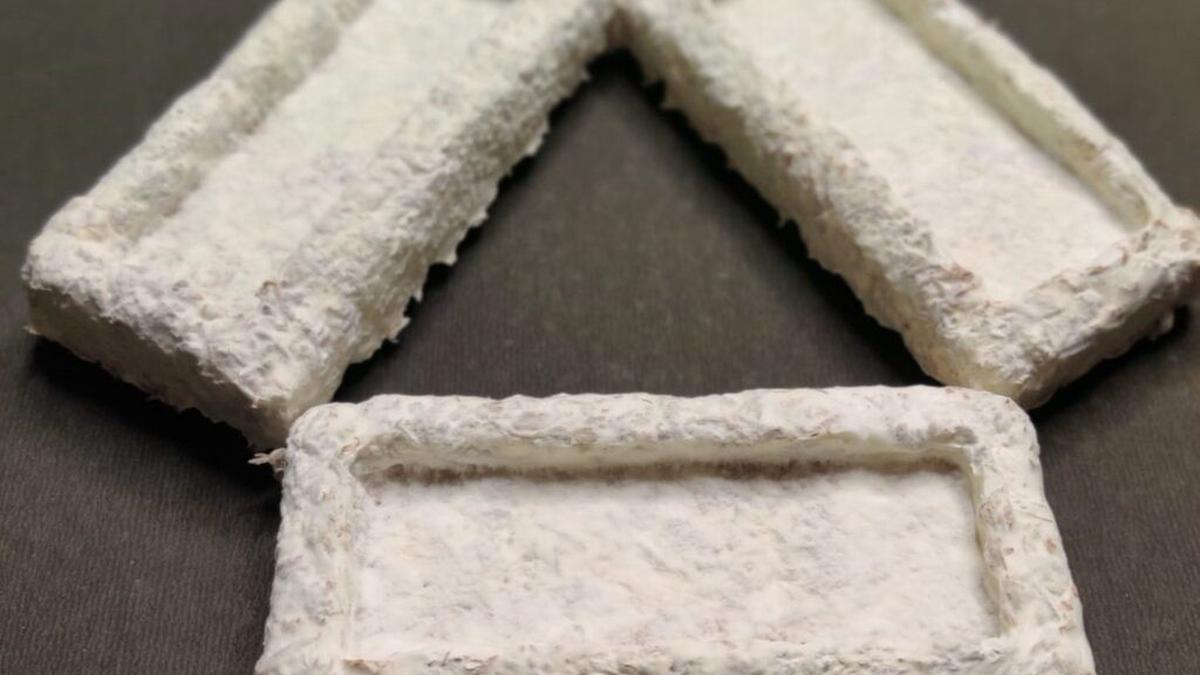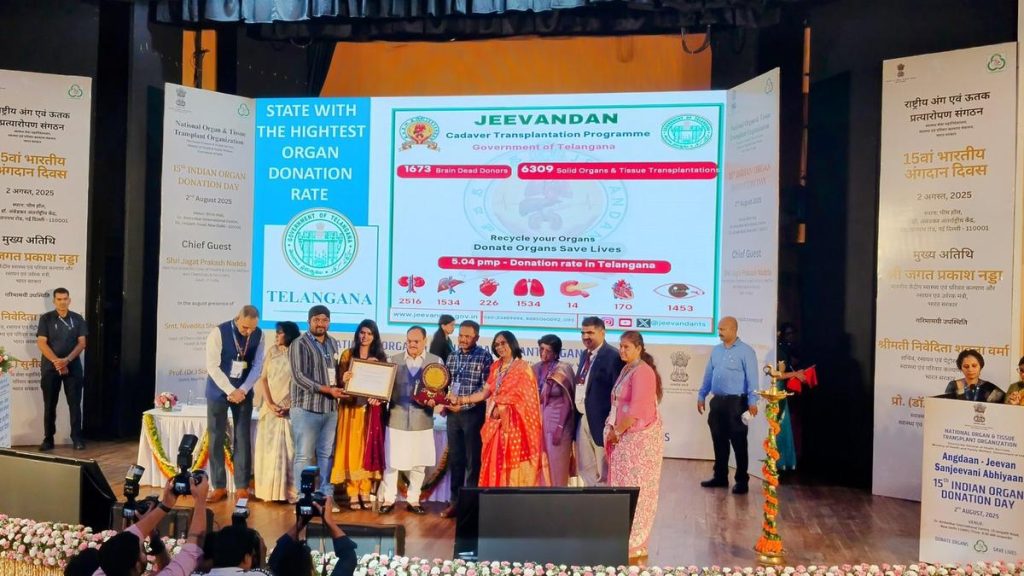Now Reading: IIT-Madras Develops Eco-Friendly Packaging from Agricultural Waste
-
01
IIT-Madras Develops Eco-Friendly Packaging from Agricultural Waste
IIT-Madras Develops Eco-Friendly Packaging from Agricultural Waste

Quick Summary
- Researchers at IIT-Madras have developed an agriculture waste-based packaging material as a sustainable alternative to plastic foams.
- Fungi strains, such as Ganoderma lucidum and Pleurotus ostreatus, were cultivated on substrates like cardboard, sawdust, paper waste, cocopith, and hay to produce the material.
- Of these combinations, Ganoderma on cardboard exhibited compressive strength greater than expanded polystyrene (EPS).
- India generates over 350 million tonnes of agriculture waste annually; repurposing this could reduce the country’s four million tonnes of plastic waste drastically.
- A start-up incubated at IIT-M called NatureWrks Technologies aims to commercialize this innovation through industry collaborations and licensing agreements while pursuing government funding for further development.
- Findings of the research were published in June in Bioresource Technology Report, a peer-reviewed journal.
indian Opinion Analysis
The biodegradable packaging developed by IIT-M harnesses both agricultural waste and fungi cultivation-a notable step toward tackling India’s mounting plastic pollution problem while promoting circular economy principles through reuse of agri-waste materials. Leveraging research-backed compressive resilience comparable to EPS shows potential for high adoption across industries reliant on protective packaging solutions. Though, the scalability of production using organically grown fungi coupled with commercialization will determine its broader impact on reducing four million tonnes of annual plastic disposal in India.Active collaboration between academia and industries alongside supportive policies could accelerate its penetration into mainstream markets while addressing crucial sustainability challenges.
Read more: Source.























